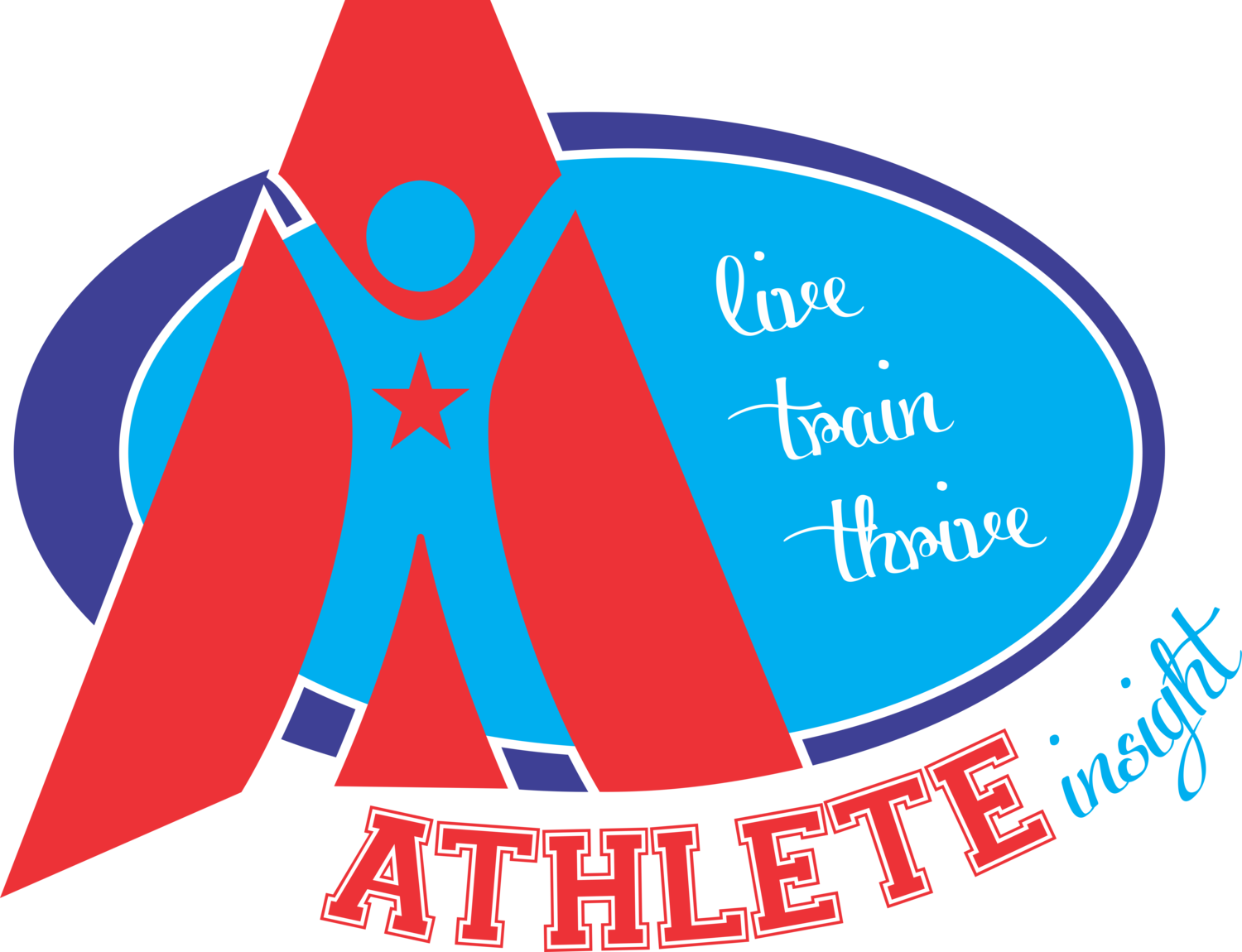By Corrie Van Horne, RDN
As an athlete do you find yourself sifting through sports nutrition information wondering what you can believe and trust to be true? I am continually amazed by the amount of food and nutrition related myths out there, and the constant bombardment of nutrition related messages that most of us find ourselves on the receiving end of. In this fast paced, consumer-driven culture it can be difficult to know fact from fiction. Let’s take a look at some common myths related to sports nutrition.
Myth #1: Supplements are better than food
You know the guy at the gym with the veins popping out of his neck, arms, and forehead? The one touting the latest powdered substance he is using to bulk up? The first myth that I would like to debunk is that supplements are better than food – or rather, that they are going to have some sort of magical effect on training and performance. Unfortunately, supplements are often pushed as being better than food in the sports nutrition world in terms of how they will improve performance in sport. However, research shows that a diet rich in the six essential nutrients: carbohydrates, protein, fat, vitamins, minerals, and water can enhance performance as effectively, or even more so than expensive supplements. Our bodies are designed to ingest nutrients from food and then utilize those nutrients for fuel. It is important to know that simply eating a well balanced diet will properly fuel your body for whatever your fitness or performance related goals are. Really, it is just a matter of doing some research to find out what the right balance of nutrients is for your specific sport, and then figuring out how to get those nutrients from food.
Myth #2: Low carbohydrate diets are optimal for athletes
Do you paleo? Have you had “too many” carbs today? A common trend for athletes (and the general populous) these days is low carb diets. When it comes to being an athlete this trend should be ignored. Carbohydrates or glucose, what carbohydrates are broken down into in the body, are our number one fuel source for athletic performance. When an athlete is concerned about performance level and consistently improving training, carbohydrates are the most important nutrient. Carbohydrates provide the fuel our bodies need to train and perform. If you struggle with fatigue or sluggishness during training, the fix may be as simple as adding more pasta, rice, bread, fruit, or dairy to your diet. As an athlete, it is crucial that we eat carbohydrates consistently and frequently throughout the day, everyday. Carbohydrates provide the necessary fuel to allow us to train at our max which results in better performance overall.
Myth #3: Water adequately re-hydrates our bodies
Do you sweat a lot during training and performance? The last myth I’d like to cover is that water is adequate for rehydration after exercise. If you sweat a lot during exercise or training, then water alone is not adequate for rehydration. When we sweat, not only do we lose water, but we also lose sodium and other electrolytes. You'll likely need extra sodium along with your fluids during training bouts lasting longer than 60 minutes, and with rehydration following a training session or competition. The easiest way to make sure you’re getting enough water and electrolytes is to have small amounts of a sports drink throughout training or competition lasting longer than an hour. The added benefit to having sports drink is that you’re also getting a little carbohydrate to replenish those fuel stores as you burn through them. It is also important to rehydrate and refuel following training with water and some salty food.
I could write all day about sports nutrition related myths – but the three I covered are some of the most common and crucial as they relate to training and performance. As an athlete, it is important to make sure you are getting the right information. For more information on sports nutrition go to www.scandpg.org or contact a local sports registered dietitian nutritionist, who can help you debunk myths and optimize your nutrition.

